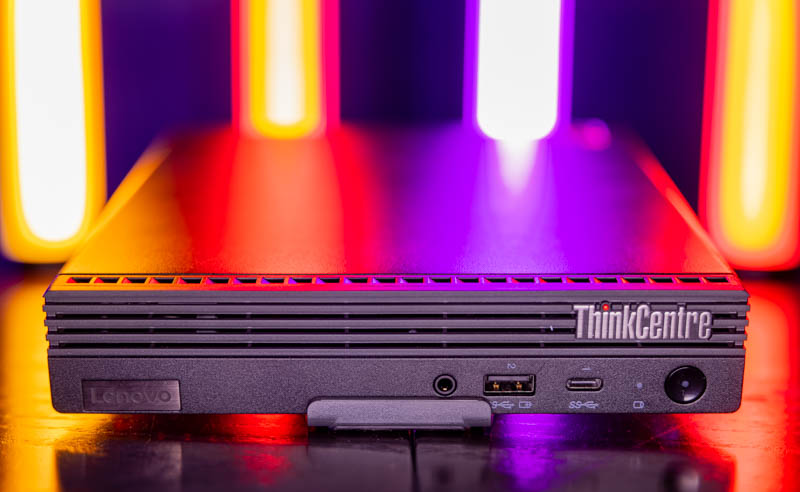DiY Xeon is a tiny share of the market. There are plenty of small shops in places like SE Asia where you see these pulls originate that are more than happy to sell upgrades to customers on machines that may not even be under service contract anymore.
yes but i really dont think Lenovo (or anyone), worries about that. Simply put, if they wish to, they could limit memory and disks (that are the main candidates for an upgrade of a old system) to Lenovo(or wharever OEM this is) only, they just need to code that in bios, thats it. But they dont, so i dont belive they are going to start with the CPU considering it is far more complicated and they dont sell CPUs.
That makes no sense. While AM4 is sort of an exception, what kind of machine do you think can host an old CPU that has been pulled from a defunct office machine? That's right, old hardware. People aren't putting these in x570 boards for their g4m3r rigs.
The point is that you are unlikely to have old hardware with a dead cpu, so you are unlikely to fix a non working system with one of those cpus, im not saying it cant happen.
You may have old hardware with a worse CPU, but that is point #1, i dont think anyone cares for that. You would want to add/change memory and or disks to a old OEM system by 3rd party shops or by in-site staff, that i know it happens a lot actually. What i never heard is an enterprise or small bussiness coming to a shop with 100 OEM PCs and asking for new cpus to be installed. Again, im not saying it cant happen.
Absolute nonsense. Otherwise all the OEMs would be forced to do it.
Do you really belive Lenovo went to AMD and asked them nicely to add a system that would lock all their cpus into their motherboards? And AMD just replied "Oh, thats cool, lets do it"? This is present on AM4 cpus, what likely means this is on every CPU, whats a little worrying tbh.
Whats worse. this only affect CPU, not the motherboard, you can still upgrade a old OEM system system with a CPU that is not vendor locked, this can only work as you said if EVERY OEM does this, and even if that happens you can still upgrade those systems with a consumer CPU(maybe) or a vendor locked CPU of the same OEM... so, no, the only thing they are really doing with this is to avoid for those CPU to end in consumer hardware, this is how AMD PSB works, today.
Also, Lenovo may be getting some price cuts on their cpus on the condition they have to vendor-lock them. That makes far more sence that trying to stop some very niche cases in a very ineffective way.



